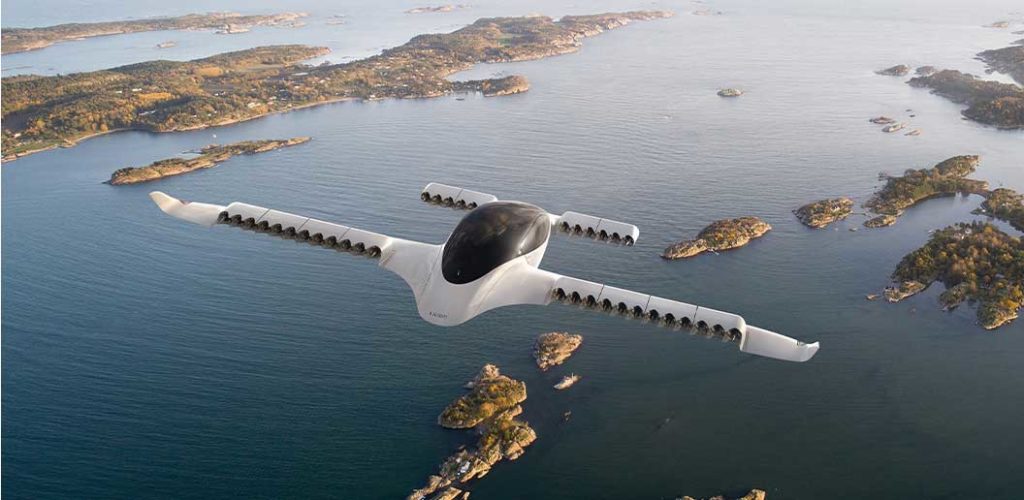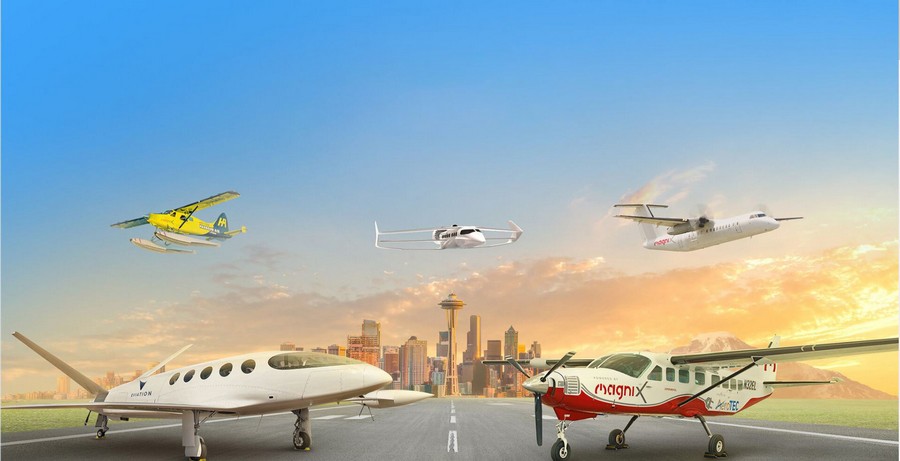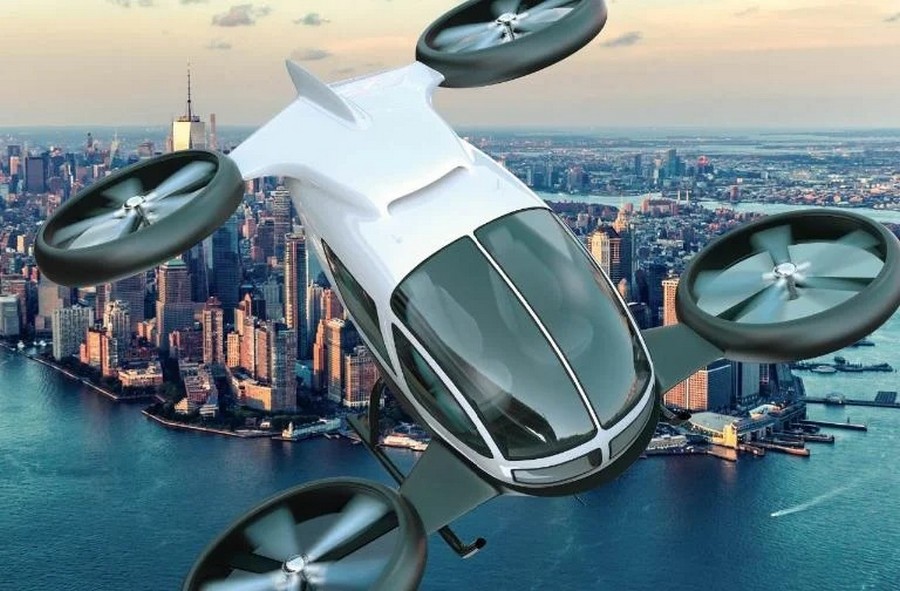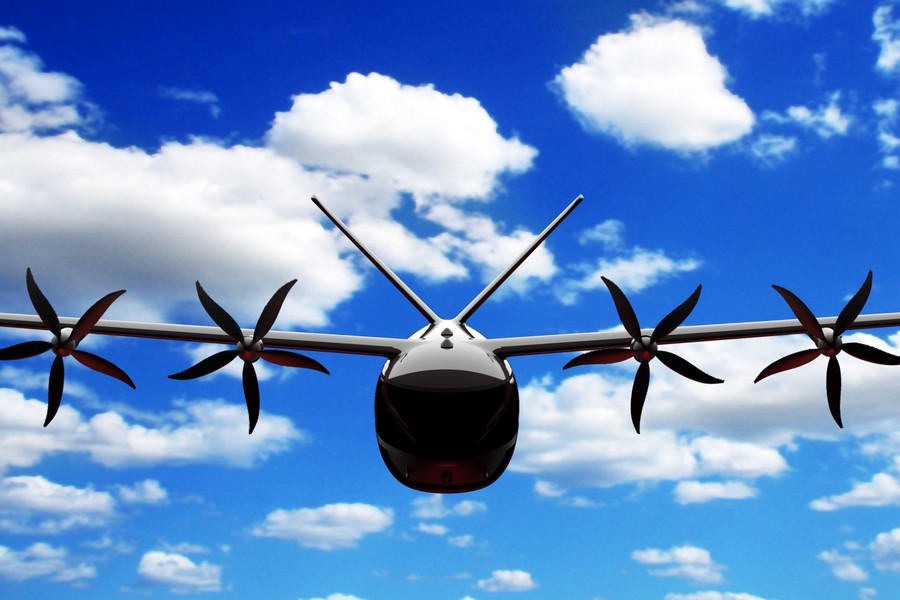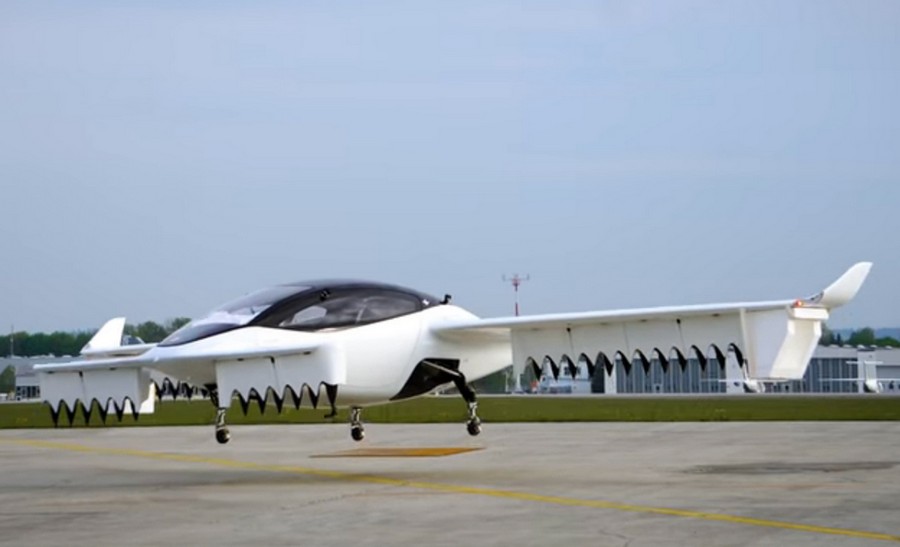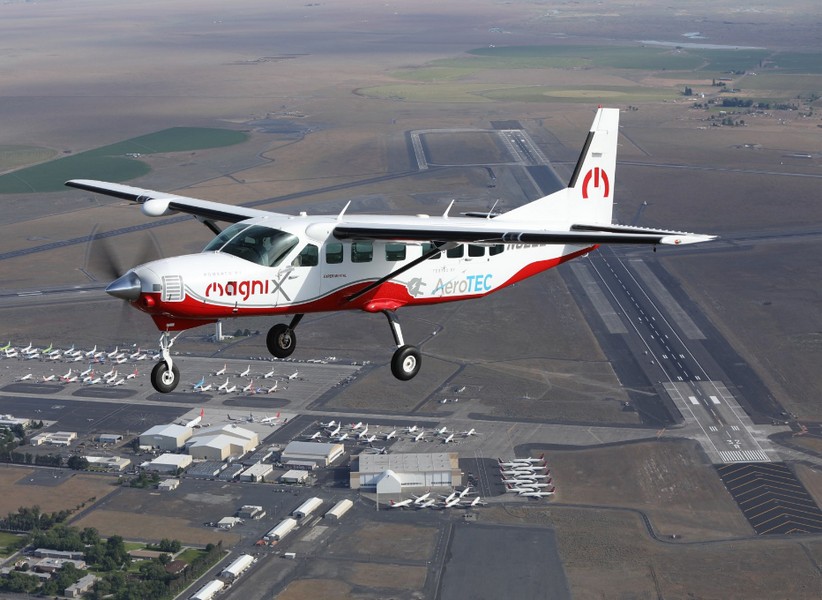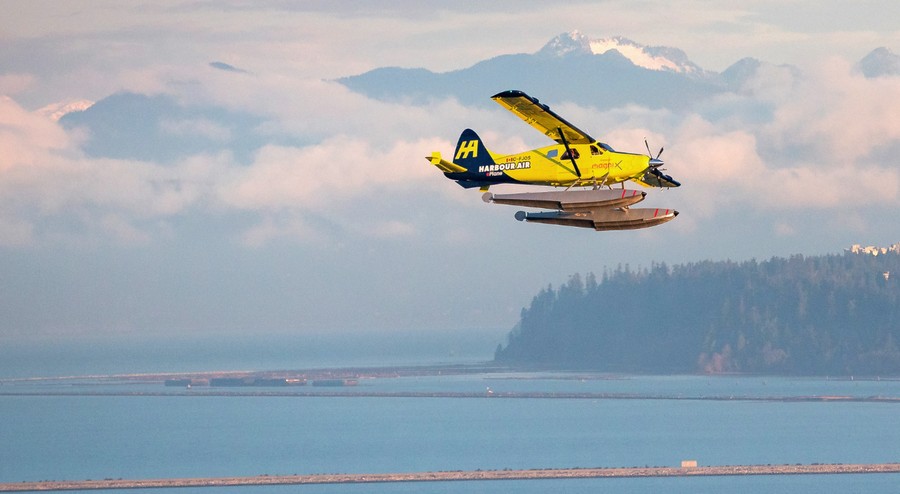Today half of the world lives in cities, and the United Nations projects that by 2050 it will be closer to 70%. There is a belief that the time needed to scale the ground infrastructure, roads, and bridges is too long and costly.
One way around this conundrum is to build safe, high-performance electric aircraft with almost infinite scaling potential. Many believe we are at the start of a new golden age of aviation, one which we haven’t seen in 100 years.
In 2020 almost a billion dollars was spent on research and development towards electric flight, and this year another billion is expected to go towards the effort. And why not? A report by Morgan Stanley estimates the Electric Aircraft market will be worth $1.5 trillion by 2040.
Archer, a California-based company, is working towards building the world’s first all-electric airline/taxi utilizing vertical takeoff and landing vehicles with the goal of bringing new efficiencies to air travel for short-route flights.
One stumbling block for startups in aviation – electric or otherwise – has always been access to a capital-efficient supply chain, the kind that gives established durable goods manufacturers their competitive edge. Building such a supply chain is a decades-long process, and manufacturing composites at scale is difficult under the best circumstances. To that end, the company has recently partnered with Fiat Chrysler Automobiles (FCA), entering into a supply chain agreement that enables Archer to benefit from FCA’s advanced composite material expertise and its low-priced supply logistics. Through this collaboration, Archer and FCA will work together to significantly decrease the cost of production while leveraging FCA’s manufacturing know-how against Archer’s startup nimbleness.
“Electrification within the transportation sector, whether on roads or in the air, is the future, and with any new and rapidly developing technology, scale is important,” said Doug Ostermann, Vice President and Head of Global Business Development of FCA. “Our partnership with Archer has mutual benefits and will enable innovative, environmentally friendly transportation solutions to be brought to market at an accelerated pace.”
The partnership will prove key to Archer’s bid to manufacture high-volume, composite, electric vertical takeoff and landing (eVTOL) aircraft. Archer says their all-electric aircraft will be capable of traveling distances of up to 60 miles at 150 mph.
The beauty of eVTOL is that the electric motors allow an aircraft to land like a helicopter and cruise like a plane, quietly. Reducing noise and cost will help bring urban air mobility to more people in more places while being carbon-zero.
“We’ve been hyper-focused on a customer-first approach to vehicle design and aircraft operations,” says Brett Adcock, Co-Founder & Co-CEO of Archer. “Now we are working with a seasoned, industry-leading automotive partner to leverage cost benefits and experience that will allow Archer to produce thousands of aircraft reliably and affordably every single year.”
Other players in the increasingly competitive space include Blade Urban Air Mobility and Lilium. Lilium GmbH is a Germany-based startup co-founded in 2015. Initial funding came from the European Space Agency, and the European Union’s Climate-KIC program, Europe’s largest public-private innovation partnership focused on climate innovation to mitigate and adapt to climate change.
On May 4th, 2019, Lilium had its first flight of an untethered and unmanned five-seater Lilium Jet at the Oberpfaffenhofen airport in Munich. The full-scale prototype is powered by 36 all-electric ducted fans, which allows for a vertical takeoff and landing with an efficient horizontal flight.
Another company in the electric aviation sector is MagniX, but they are in it with a twist. The company is developing technology to convert existing aircraft into electric vehicles. Based in Washington State, the firm recently consolidated its operations to a new 40,000 square-foot facility with a mission of all-electric aviation for planes carrying up to 40 passengers.
“In 2018, 75 percent of worldwide airline flights were 1,000 miles or less in range. With MagniX’s new propulsion systems coupled with emerging battery capabilities, we see tremendous potential for electric aviation to transform this heavily trafficked ‘middle mile’ range,” Roei Ganzarski, CEO of MagniX, said.
MagniX has already retrofit small turbine-engine airplanes with its electric motors. The Pacific Northwest, home to aviation giant Boeing, has long been a hub of aviation innovation. Vancouver-based Harbour Air, North America’s largest seaplane airline, is working with MagniX on an all-electric fleet, a move that’s being watched as a bellwether in the sector.
The news from Archer Lilium, MagniX, and others is indicative of the activity in electric aviation development, and this technology is likely to reach commercialization well within the decade.


